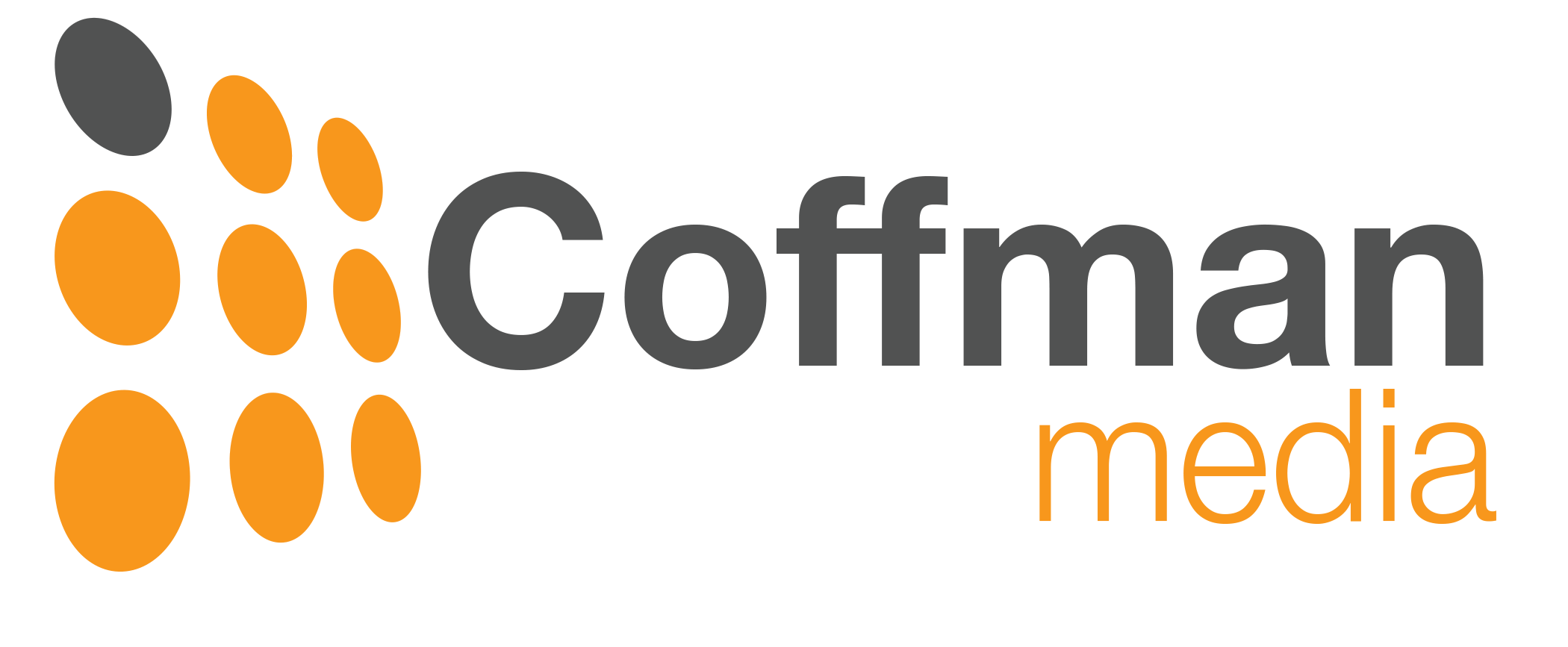Creating the Courtroom of the Future to Prepare Students for What Lies Ahead

CHALLENGE
The administration team at the Dale E. Fowler School of Law wanted to create a modern trial courtroom for its students, but lacked the technology needed to achieve this vision.
SOLUTION
Through donor support, the law school opened a completely redesigned “courtroom of the future” featuring LightScene® laser displays, remote access software, and various interconnected AV and IT technologies.
Creating the Courtroom of the Future to Prepare Students for What Lies Ahead Technology-enabled trial courtroom uses LightScene to display bold images and create ambiance Imagine what it’s like for an aspiring lawyer to make an opening statement, cross examine witnesses, and present evidence during a high-profile case. Now imagine this being done in a modern, technology-enabled courtroom that’s far in advance of most courtrooms today. While the high-profile cases are mock, students at the Chapman University Dale E. Fowler School of Law get to practice their litigation skills, prepare for trial competitions, and receive valuable instruction in this type of environment on a daily basis in the school’s “courtroom of the future.” “Our goal is to provide an educational experience that positions all of our students to make a difference in the world,” said Matthew Parlow, Dean and Donald P. Kennedy Chair in Law at the Chapman University Dale E. Fowler School of Law. “At our law school, this means providing our students with the resources and practical training needed so they can hit the ground running with clients.”
Building the Next-Gen Courtroom Chapman University, which was established in 1861 and named a top university by U.S. News & World Report, continues to make a name for itself when it comes to the Fowler School of Law. To support its law students, including those who participate in the university’s nationallyranked competition team, the administration team wanted to create a world-class trial courtroom to match the worldclass education the university provides. “When we were thinking about our trial courtroom, we knew that the space was better than what most law schools have, but it was a bit dated as far as the technology went,” said Parlow. “With the generous backing of donors, we were able to conceptualize—and ultimately build out—the courtroom of the future.” The university completed the redesign of its trial courtroom and today the space features a multitude of AV and IT technologies to enhance the courtroom experience for all individuals—from the judge to jurors to lawyers. This includes two LightScene® laser displays when individuals enter the courtroom, as well as one installed outside the entrance. The courtroom also includes, software for remote access into the courtroom, interconnected projectors displaying images so that all courtroom attendees can see, expandable bandwidth capacity, and more. “At first, we thought about what technology would be relevant in today’s courtrooms,” said Parlow. “And then we went beyond that.”
Laser Display Technology in Action When trials are not in session, the LightScenes display prominent images representing the legal profession, including notable lawyers and judges, as well as donor logos and courtroom images. “The LightScenes draw individuals into the courtroom with bold visuals—this really sets the tone and is something you wouldn’t find elsewhere,” said Parlow. “This technology has the ‘ooh’ and ‘aah’ factor and is yet another piece that makes our space so forward-thinking.” During trial preparation, students use the displays to decide which images they will use to accompany their arguments. And, during the trials, they will often display multiple images—such as evidence in a case or crime scene—sideby-side or on different walls. “This allows our students—and the jurors—to analyze and hone in on different aspects of an image, which can be important to accepting or refuting claims of theory made in court,” said Parlow. “Being able to show more than one image at once, and project on various walls at the same time if needed, is so much easier than flipping back and forth between images and it provides a dramatic effect.” “This is the kind of imaging set-up more courtrooms should have, especially in terms of comparing two images,” he added. “Making it easy to view documents in a courtroom is so important and we put a premium on having good projection technology to do that.” Looking ahead, Parlow and his team are continuing to strategize on new and innovative ways to further maximize the LightScene technology in the courtroom. “We have a lot of optimism for using the technology in even more ways,” Parlow said. “We think it can assist us in providing our students with training that will further set them apart in the profession.”

